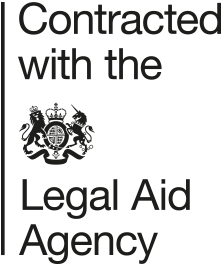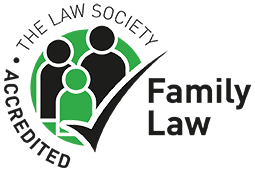How to Find Out the Value of a Deceased Person’s Estate
Why do I need to know the value?
If you’ve suffered a bereavement, dealing with their estate may be the last thing you want to do. However, in many cases where someone has died, it is a legal requirement that something called probate is applied for. This gives the legal right for someone to deal with administering the estate of the deceased and disposing of their assets.
While not all cases require probate to be issued, it’s only once the value and nature of the deceased’s estate is known that it’s possible to decide whether or not probate is necessary.
Another reason for calculating the value of an estate is for inheritance tax purposes. Estates worth over £325,000 are liable for inheritance tax. It’s impossible to know how much tax is liable unless the value of the estate has been calculated.
Calculating the estate’s assets
There are a wide range of assets that need to be taken into account when valuing an estate but there are also exceptions to whether or not certain assets should be included in probate.
In general, the value of an estate includes anything that the person owned. This may include houses and land, cars, jewellery, shares or cash. In many cases, it’s fine to make an estimate of the value but anything likely to be worth over £500 must be professionally valued.
In addition, certain gifts that have been made in the seven years prior to the death may count towards the value of the estate and can count towards the inheritance tax thresholds.
Calculating the estate’s debts
Debts can be subtracted from the value of the estate. These debts may include mortgages, loans and credit cards. If the funeral is being paid for from the deceased’s estate, then this should be included as a debt.
Where debts are in joint names, then only the amount that the deceased would have been liable for can be included in the calculations.
Calculating joint assets
Where someone has been in a relationship, it’s common for assets such as homes and land to be jointly owned. How these are calculated within the value of the estate varies depending on how the asset is owned.
There are two types of joint ownership: joint tenant and tenants in common.
In the case of the joint tenant, both people own equal proportions of the property. Ownership automatically passes to the surviving partner, and it cannot be gifted to a third party. In this case, the asset is not required to be included for probate but must be included for calculating inheritance tax.
Tenants in common may own different shares in a property, and there is no automatic transmission of ownership to the other owner. The deceased may gift their share to someone other than the tenant in common. In this case, their share of the property must be valued for both probate and inheritance tax.
For smaller estates, calculating the value may be simple and straightforward but, in many cases, employing a specialist solicitor will take the stress out of an already difficult time. Robinsons’ expert Probate solicitors will handle your loved one’s estate, and offer guidance and expert advice sympathetically and efficiently.








